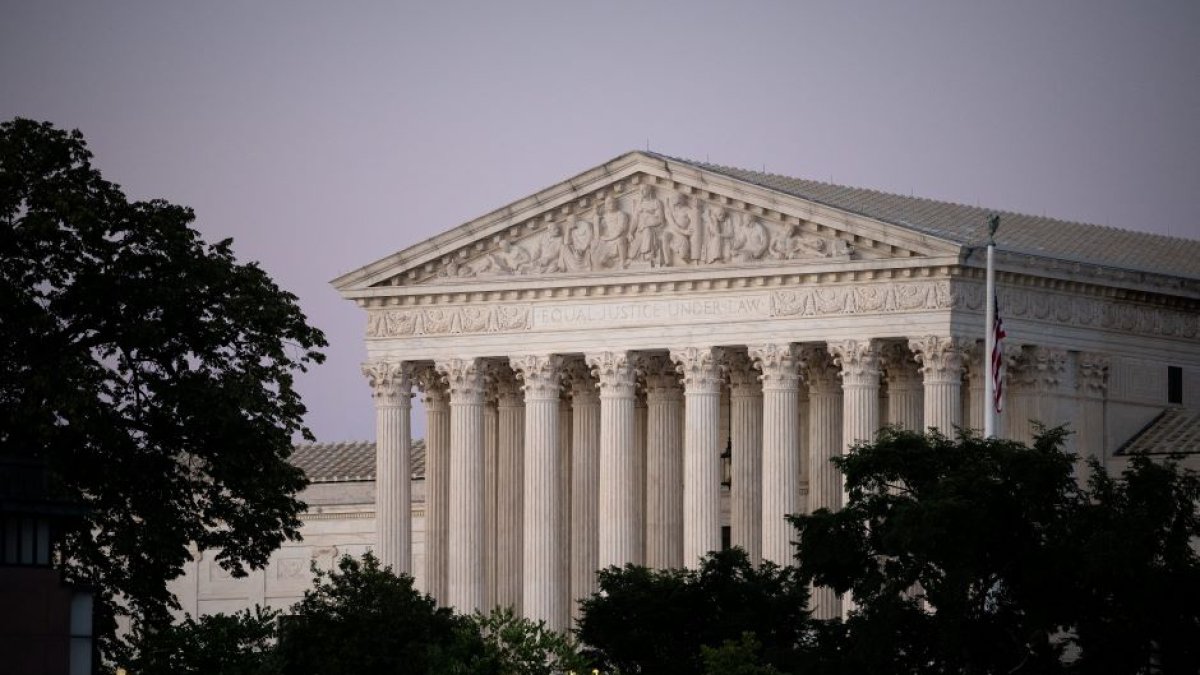Supreme Court upholds ban on purchase and sale of military-style weapons in Illinois
The state will maintain restrictions that also include the "manufacture, delivery or importation" of some semi-automatic weapons and large-capacity magazines.

Supreme Court / Cordon Press.
The Supreme Court rejected a new petition to reverse state laws banning the purchase and sale of AR-15s and large-capacity magazines in Illinois.
Supreme Court. by Verónica Silveri
The lawsuit was filed by Robert Bevis, the owner of a gun shop in the city of Naperville, Ill., along with the National Association for Gun Rights. Its purpose was to eliminate the enforcement of state laws prohibiting the trade and use of military-type weapons.
The petition called for an urgent reversal of the rules and alleged that they violate the Supreme Court's decision in New York State Rifle & Pistol Assoc. v. Bruen that expanded Second Amendment protections.
Illinois Assault Weapons Ba... by Verónica Silveri
A legal battle for gun control
In January, the state Congress passed the Protecting Illinois Communities Act (PICA) that restricts the "manufacture, delivery, sale, and possession of large capacity ammunition feeding devices" with exceptions only for "law enforcement, members of the military and others with similar firearms training."
This legislation prohibits the sale of weapons such as AR-15s and AK-47s, as well as magazines that hold more than 15 rounds of ammunition for handguns and more than 10 rounds for long guns.
Gun advocacy groups challenged the law, and the legal battle began. In February, a federal trial court refused to change the law, while the courts have made a decision to suspend the law on two other occasions.
The latest lawsuit that was filed by Bevis claimed that the state’s laws have cost it thousands in lost sales. The owner noted that at least 20 million AR-15s and similar weapons are owned by millions of Americans:
The Seventh Circuit Court of Appeals scheduled a hearing on the case for next month.












